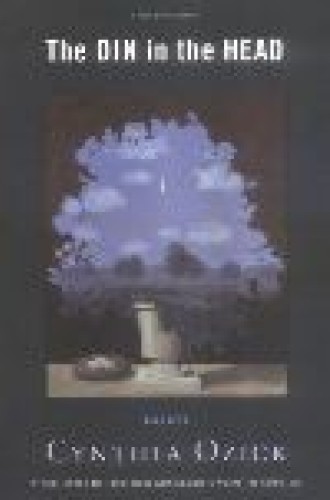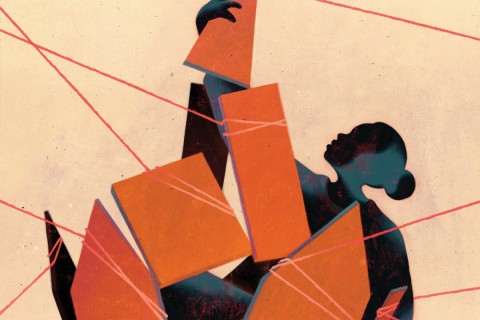The Din in the Head
Let us briefly recount the career of one of the most interesting and spiritually minded of American writers. Nine books of fiction, including a searing arrow of a novella, The Shawl, which ranks with Primo Levi’s haunted memoirs when we talk about books on the Holocaust. Five books of essays recording the adventures of her formidable mind and lyrical voice—essays about, for example, stunning Christian courage during the Holocaust, and the world’s endless bloody (and resurgent) hatred of the Jews, and the forms and shapes and engines of prayer, and the book of Job, and . . .
Well, you see my drift: in the slight, smiling Cynthia Ozick, we have not only one of the finest novelists of our time but an essayist of startling spiritual verve and range, as capable of densely exploring the Septuagint (in an essay about Robert Alter’s recent translation) as she is of speaking about “the contradictions, paradoxes and dangers of the moral life” (in an essay about the late critic Lionel Trilling).
The Din in the Head, her fifth collection of essays, is a good place to start for readers unfamiliar with Ozick’s learned but lissome nonfiction, for she explores all sorts of subjects—the fading of Helen Keller’s world fame, the idea of being a “Jewish writer,” the works of Tolstoy and Bellow, the subtle spirituality of John Updike’s fiction.
The collection includes a hilarious faux interview with her literary hero Henry James. Century readers will perhaps be most interested in her lucid essays on Gershom Scholem and on the Old Testament, which remind us that the root stock of Christianity is and will forever be the dense mystery of Judaism, that most interesting and layered religion from which comes the Voice that begins the crucial Christian story. We tend to forget or glide over our intricate cousinship with the Jews. A pope like the late John Paul II, who bowed in prayer at the Wall; a tart commentator like the American essayist Ben Birnbaum; and a sage teacher like Ozick serve as rich reminders.
Ultimately Ozick believes, with the anonymous author of the book of Deuteronomy, that words are holy, that words are the spoor and hint of the coherent Mercy, that words are themselves shards and shreds of the holy, and that stories “can outwit ruthlessness and confer life,” as she says. Words and sentences and stories have immense power to puncture the fatuous, salve the broken and point toward God—and one woman who uses them with grace and strength is Cynthia Ozick.





